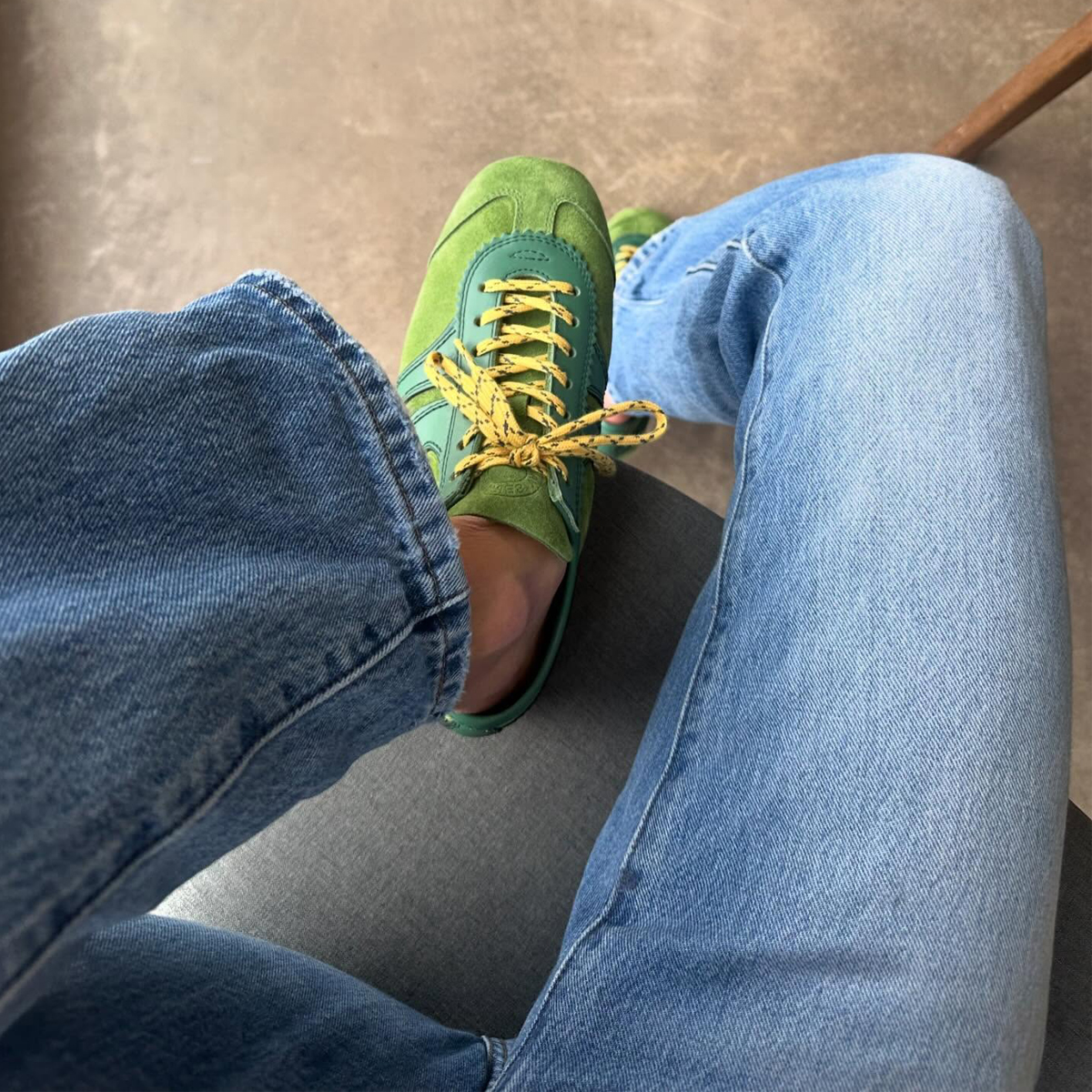5 Things That Happen to Your Body When You Laugh Uncontrollably


People always say laughter is the best medicine—but why? Sure, the hysterical and often haunting laugh spells I fall into on a daily basis feel fun, but what's actually happening to my body and brain during that time? Why does a stomach-hurting, tear-inducing laugh feel so good every time?
I decided to do some research. Turns out the positive effects of laughter on humans is a highly covered topic, though it's also one that doesn't always have clear-cut, scientific answers. Below, find what researchers know happens as a result of laughter.
1. Laughing really does burn calories.
Research conducted by Maciej Buchowski, Ph.D., at the Vanderbilt University Medical Center revealed that "laughing raises energy expenditure and increases heart rate 10 to 20%." As such, 10 to 15 minutes of laughter burns approximately 10 to 40 calories per day, which equals almost four pounds a year.
"People can't eat at McDonald's and then expect to laugh away their lunch," Buchowski says, but the numbers do provide a bit of insight into how the body manages energy and burns fat.
2. And release feel-good chemicals in your brain.
Laughing hysterically releases endorphins, which, in the words of Elle Woods, makes you happy. One study found even the anticipation of laughter helps "positive psychological mood states" and decreases stress. Plus, The New York Times reports that the physical act of laughing—as in the muscular movements involved in producing the sound—prompts an increase in endorphins.
3. Your whole brain gets involved (rather than just one hemisphere).
One study experimented with the electrical activity that occurs when we laugh. "About four-tenths of a second after we hear the punch line of a joke—but before we laugh—a wave of electricity sweeps through the cortex," reports Peter Derks, a professor of psychology at the College of William and Mary.
"What Derks finds most significant about this wave is that it carpets our entire cerebral cortex, rather than just one region," writes Peter Doskoch for Psychology Today. "So all or most of our higher brain may play a role in laughter, perhaps with the left hemisphere working on the joke's verbal content while the analytic right hemisphere attempts to figure out the incongruity that lies at the heart of much humor."
4. It strengthens your bond with other people.
Results published in the Journal of Neuroscience from a study done by researchers from Turku PET Centre, University of Oxford, and Aalto University "highlight that endorphin release induced by social laughter may be an important pathway that supports formation, reinforcement, and maintenance of social bonds between humans," reports Science Daily. "The pleasurable and calming effects of the endorphin release might signal safety and promote feelings of togetherness."
This explains why joking around has become an icebreaker in many social situations. Laughing allows for a feeling of togetherness you may not otherwise find with strangers as well as a way to bond even more intimately with friends.
5. And relaxes your whole body for up to 45 minutes.
Laughing relieves physical tension and stress and can help your muscles relax. And if you feel physically exhausted from laughing (think pain in your abdominal muscles), it results in the same natural high exercise elicits. Recall the last time you worked out and how relaxed your body felt afterward. It's a similar feeling after a good belly laugh, and it continues for almost an hour.
However, it also causes some muscles to become less coordinated, which accounts for why giddy laughter can leave us feeling clumsy and out of sorts. Essentially, saying you're "weak with laughter" is not just a metaphor.
FYI: We found out how to wake up happy every day, according to a laughter therapist.
Disclaimer
This article is provided for informational purposes only and is not intended to be used in the place of advice of your physician or other medical professionals. You should always consult with your doctor or healthcare provider first with any health-related questions.

